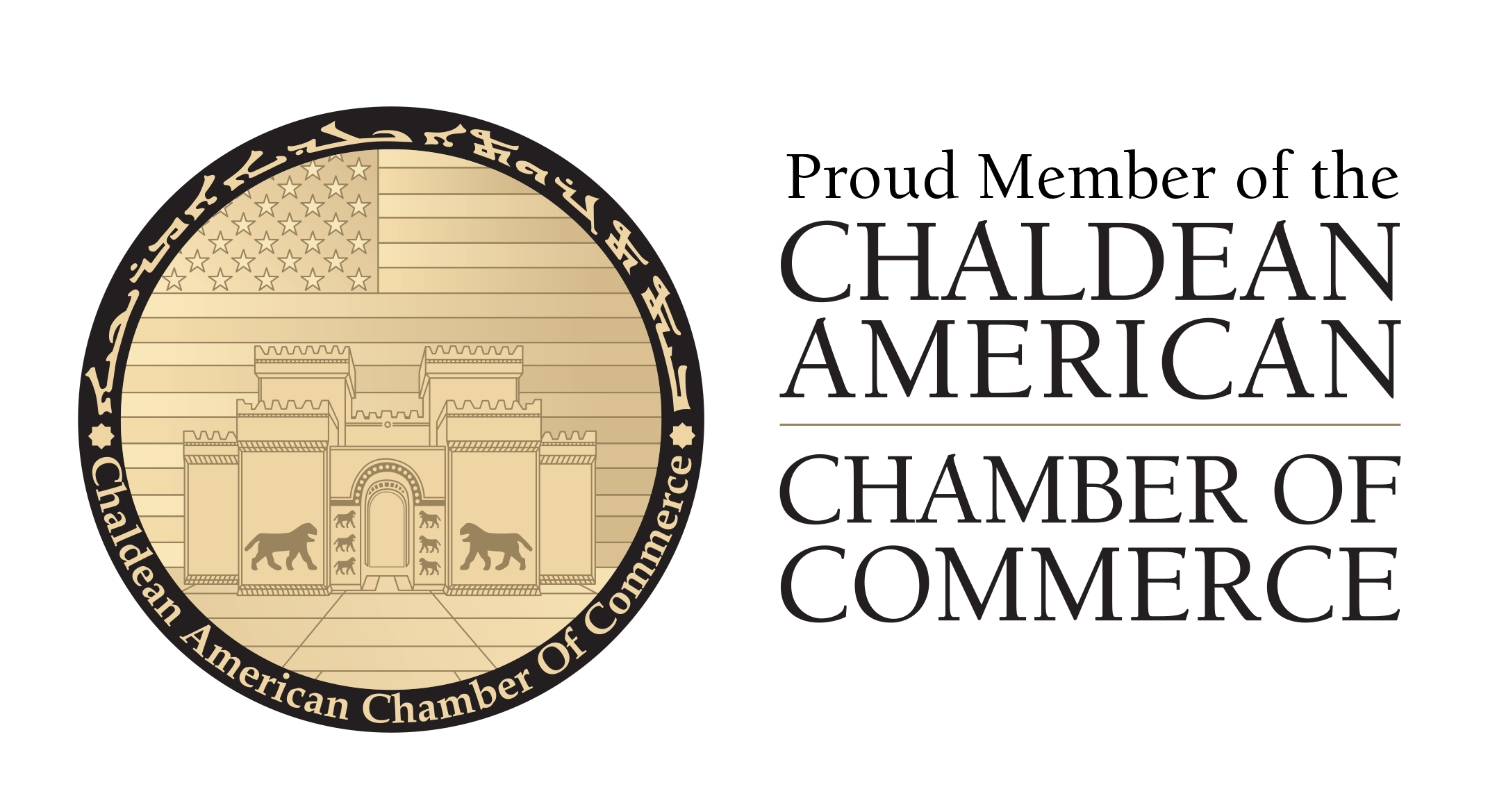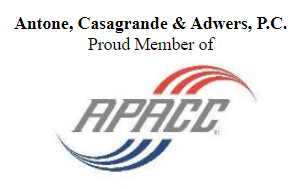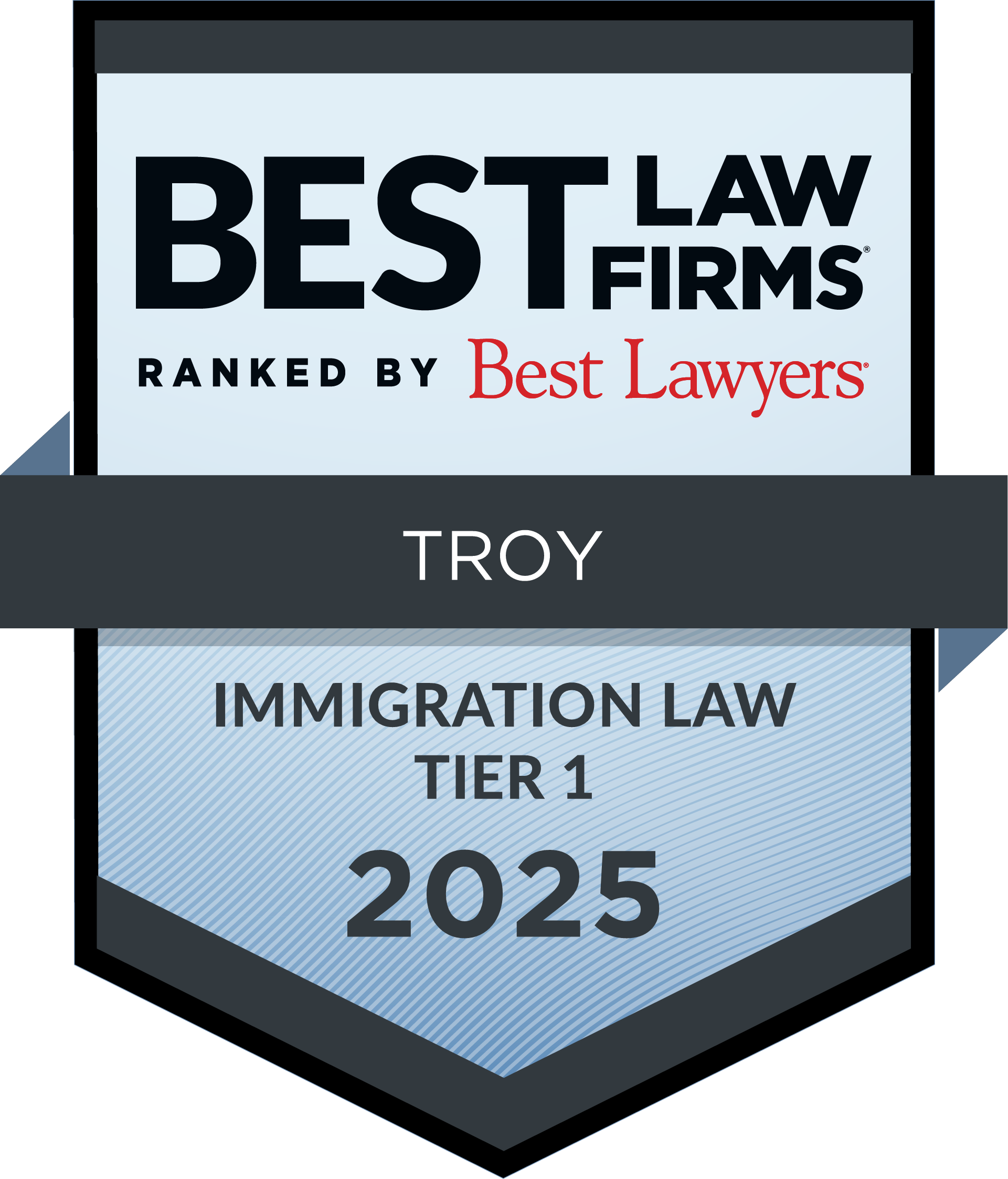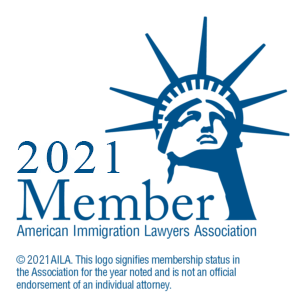J-1 Exchange Visitor Visa Generally
Originally introduced in the Fulbright-Hays act of 1961, the J-1 exchange visa was intended to improve the United States’ relationships with other nations. The stated purpose of the program was to allow talented individuals from across the world to live and work in the United States so that they may gain knowledge and skills which they would bring back to their home countries. The program encompasses many professions, such as teachers, researchers, and au pairs.
The requirements for this visa vary depending on your purpose for entering the United States. In general, to obtain a J-1 visa you must have adequate prior education and training to participate satisfactorily in the program for which you are coming to the United States, and usually must show some level of competency in written and oral English.
J-1 Visas for Medical Students and Professionals
Every year, thousands of physicians and medical students come to the United States both to study and to provide their expertise and services to our communities. The J-1 visa is one of the most common methods through which qualified medical students and professionals come here to gain expertise. In addition to the aforementioned requirements, J-1 visa-seekers who want to come to the United States to participate in the medical field must also:
- Have passed either the National Board of Medical Examiners Examination, the Foreign Medical Graduate Examination, or the Visa Qualifying Examination.
- Provide a statement of need from the government of the foreign resident’s country or last legal residence which states that there is a need for physicians with the skills that the alien hopes to attain. Additionally, the alien physician must provide their home country’s government with written assurance that he/she will return after their training.
- Present a contract or similar agreement from a U.S. accredited medical school, hospital or scientific institution.
If you are a medical student who wants to enter to participate in a non-clinical program, there is additional documentation that you must receive from an accredited U.S. medical school in order to verify that both you and the program are eligible for the J-1 visa.
J-1 Visa Home Country Presence Requirement Waiver
The J-1 Visa program, as mentioned above, was primarily established so that international visitors to the United States could bring back the knowledge they obtained and put it towards the betterment of their home country. Thus, one of the unique aspects of this visa is the 2-year home residence requirement, which requires that a J-1 visitor return to their home country for two years following the end of their program before they are able to file for adjustment of status in the United States or seek certain categories of visa. However, there are several grounds upon which this two-year foreign residence requirement may be waived. They are as follows:
- A request by an interested U.S. Federal Agency, who may waive the foreign residence requirement if it finds that your continued presence in the United States would be in the best interests of the agency or the country.
- You fear persecution if you return to your home country.
- Your departure to fulfill the 2-year foreign residence requirement would result in exceptional hardship to a U.S. citizen spouse or child
- You have received a request from a State Public Health Department or its equivalent to remain in the United States in order to provide your services to a medically underserved area of the country. For more information on this, we recommend you look at our website’s section on Conrad 30 waivers.
Certain J-1 visa holders may also receive waivers by obtaining a “No-objection” statement from their country of citizenship stating that they will not require the alien to return to fulfill their 2-year foreign residence requirement. However, this option is generally not available to J-1 physicians except in highly limited circumstances such as certain categories of teachers or researchers.
Contact an Experienced Immigration Attorney Today
Whether you are a foreign medical student/professional looking to participate in a qualified medical program in the United States, or a current resident seeking a waiver of the foreign residence requirement, our immigration attorneys have ample experience helping you through this process for every step of the way. To discuss your inquiry further, call or contact our AV rated immigration law firm today.










